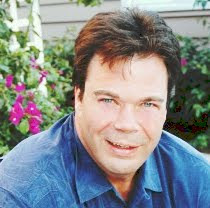Listening, think about it. It is the first communication skill we learn. Developmentally, we learn to listen, then speak, then read and finally we learn to write. What skill did we spend the most time learning? Most likely you spent more time learning to write then you did on the other skills. And, you probably spent the least amount of time learning to listen. Currently, what communication skill do you spend the most time doing, it's listening. Osborn and Osborn (1994) research indicates that we spend 46% (11 hours) or our day engaged in the communication process, seven of those hours listening (64%).
Learning to listen seems boring. Learning how to give a powerful presentation or public speaking is exciting, and nerve racking at the same time. When you are engaged in those activities you have power. People are listening to what you have to say. You have an audience and the ability to influence others. What is the big deal about listening effectively? What do I have to show for being an effective listener?
Being an effective listener does have its rewards. When you actively listen to someone you will be perceived by as valuing and respecting them and that you care. These perceptions are important dynamics in building and maintaining mutual trust and mutual trust is an essential ingredient in being perceived as an effective physician leader.
“One friend, one person who is truly understanding, who takes the trouble to listen to us as we consider a problem, can change our whole outlook on the world."
— Dr. E. H. Mayo
Stay tuned, in the next Blog you will receive the keys to active listening





No comments:
Post a Comment